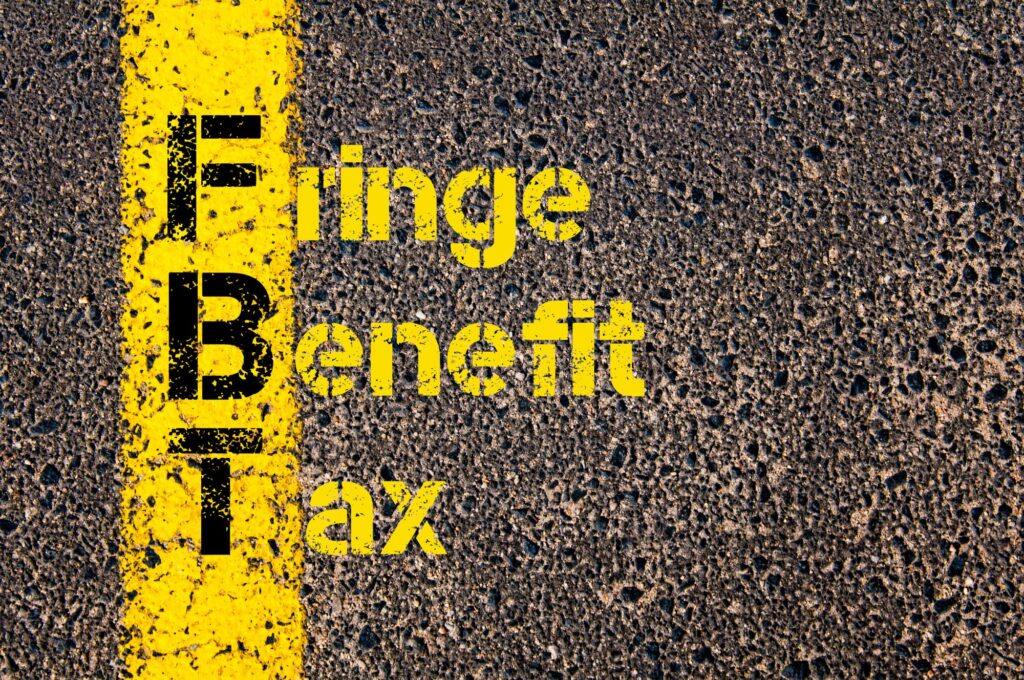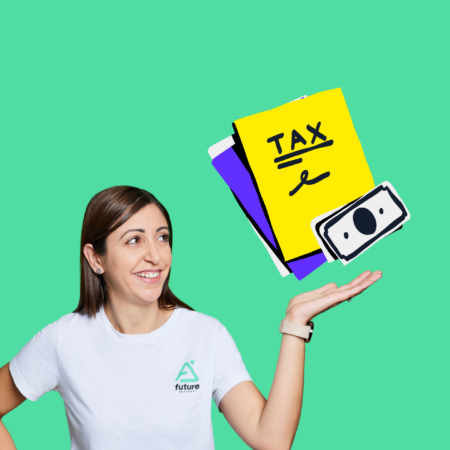What you need to know about Fringe Benefit Tax
If you’re the type of employer who offers some work perks to the people who join your business (‘cause that’s just the type of #coolboss you are), it’s important to get well acquainted with Fringe Benefit Tax (FBT).
Fringe benefits are the extras that you offer to your employees and directors as a form of payment that’s different from salary or wages.
Disclaimer: Fringe benefits are not a result of what might happen if you spontaneously cut yourself a fringe in the bathroom mirror with the kitchen scissors. Rarely does that come with any benefit at all…put the scissors down!
Now that’s out of the way…
What are fringe benefits?
Fringe benefits include things such as:
- Cars owned or leased by the business that are available to employees for their private use
- Discounted loans
- Gym memberships
- The release of any debts owed by employees
- Private expenses incurred by employees that the business has paid or reimbursed for
- Housing or accommodation and living-away-from-home (LAFH) allowances
- Reimbursing expenses incurred by an employee, such as school fees
- Salary sacrifice arrangements
- Entertainment by way of food, drink, or recreation to employees (yes, this includes Christmas parties!)
Fringe benefits do not include essential work items for your employees like phones, laptops, protective clothing, and tools. Minor benefits that are less than $300.00 in value and essential items supplied for employees to work from home due to COVID-19 are also not included.

Examples of FBT scenarios include…
- Meals & entertainment
Lunch with a current customer or potential new clients to land a big contract, absolutely falls under FBT.
- Cars and other vehicles
Jack is an electrician and is provided with a company ute to travel to work. On the weekend Jack drives the ute to Echuca for a fishing holiday and returns to normal work on Monday. Although utes are usually an exempt vehicle for FBT, Jack’s use of the vehicle on the weekend is a benefit that is subject to FBT.
Do I need to register for FBT?
Generally speaking, if you have employees, including directors, and you provide fringe benefits, you need to register and lodge a FBT return.
It’s important to note that if you are a director and run your business through a company or trust, you may be regarded as an employee of that business. In this case, the fringe benefits you provide to yourself through your business may mean that you have FBT obligations.
Lodging your FBT reduces your risk of being audited and limits the length of time the ATO can demand FBT payments for, to three years. If you don’t lodge your FBT annually, the ATO has the power to demand FBT payments as far back as they wish.
Getting registered for FBT
Future Advisory clients will receive an email in the coming days asking them to complete a questionnaire to determine their FBT requirements. Once we have the information we need from you, we will sort you out and make sure your FBT is lodged by the due date.
If you’re not a current Future Advisory client and need an accountant to review your business for FBT, give us a call and we can help you out.
The deadline for FBT returns is 28 May 2021.










